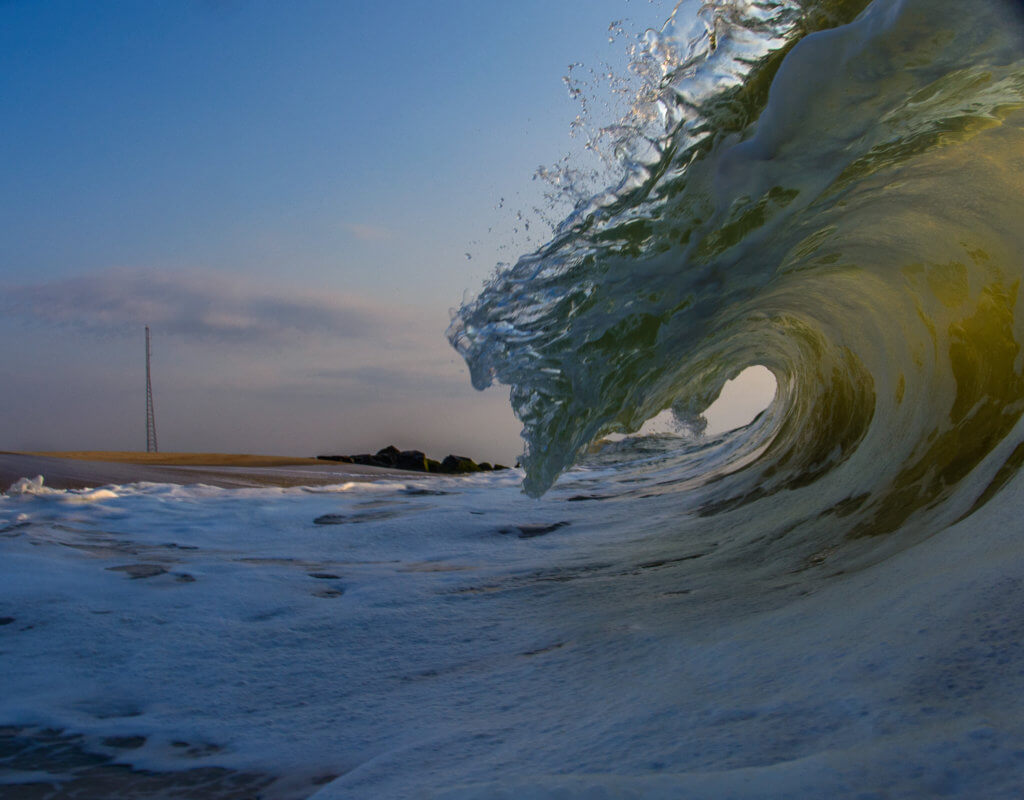 Graduate student Lisha Samuel recently completed a paper detailing her fall research on climate change communication in the city of Kolkata, India. Rechnitz Family/Urban Coast Institute Endowed Chair in Marine and Environmental Law Randall Abate served as a faculty mentor and the project was supported with funding from the UCI.
Graduate student Lisha Samuel recently completed a paper detailing her fall research on climate change communication in the city of Kolkata, India. Rechnitz Family/Urban Coast Institute Endowed Chair in Marine and Environmental Law Randall Abate served as a faculty mentor and the project was supported with funding from the UCI.
Update: Her paper was published as chapter 10 (with Prof. Randall Abate as a co-author) in the book “Climate Change and Risk in South and Southeast Asia: Sociopolitical Perspectives” (Routledge, 2022).
We caught up with Lisha recently to ask a few questions about her takeaways from the project. You can also watch this video of her talk on the topic from Monmouth University’s fall Climate Teach-In.
Paper Title: Climate Change Communication in Kolkata: Applying Communication Theories to Address the Threat of Climate Change Displacement
Student Researcher: Lisha Samuel
Year and Major: Graduated December 2020 with a master’s degree in communication
Q: What interested you in exploring the topic of climate change communication and why did you choose Kolkata, India, as a case study?
Climate change communication is a fairly a new topic. I have always been interested in climate change and my background in communications was a great fit as I wanted to conduct research on the Indian media and use communication theories for my proposal. My reason for choosing Kolkata was because I grew up in India and understand India’s mindset towards climate change. I wanted to learn more about India’s approach to climate change and how the coastal communities were being affected. Kolkata is the second largest city in India after Mumbai (where I grew up). It was a valuable focus for the paper because it is a city that is surrounded by rivers and is the fourth most vulnerable city in India to sea-level rise.
Q: Your paper notes that you found many “missing links” in climate change communication in India. What were some of the most significant and what risks might those gaps pose for the populace of vulnerable areas?
There are two major gaps in climate change communication in India. The first is a language barrier because most news coverage is conducted by English-language newspapers. In India, different states speak different languages; therefore, vulnerable populations that do not speak English do not receive appropriate information and warnings about climate change threats. The second gap is the Indian mindset on climate change. Indians believe that climate change is a Western concept and that they are being burdened with a responsibility that should be shouldered by Western developed nations. Due in part to the Indian’s government failure to recognize the importance of climate change policies, only 7% of the Indian population knows what climate change is. The coastal vulnerable areas are facing severe challenges due sea-level rise; however, they lack the resources or knowledge to adapt to these impacts, including the threat of forced migration.
Q: What do you believe can be done to improve climate change communication in Kolkata?
The media can be a very effective mechanism to increase climate change communication in India. Incorporating an agenda to report climate change and tell the public compelling stories about climate change impacts would help increase awareness of climate change. Using All India Radio (radio available throughout India), creating more animated short documentaries, increasing the number of trained journalists, and engaging popular Bollywood actors and cricketers would facilitate this necessary transition in communicating the imminent threat of climate change in Kolkata.

